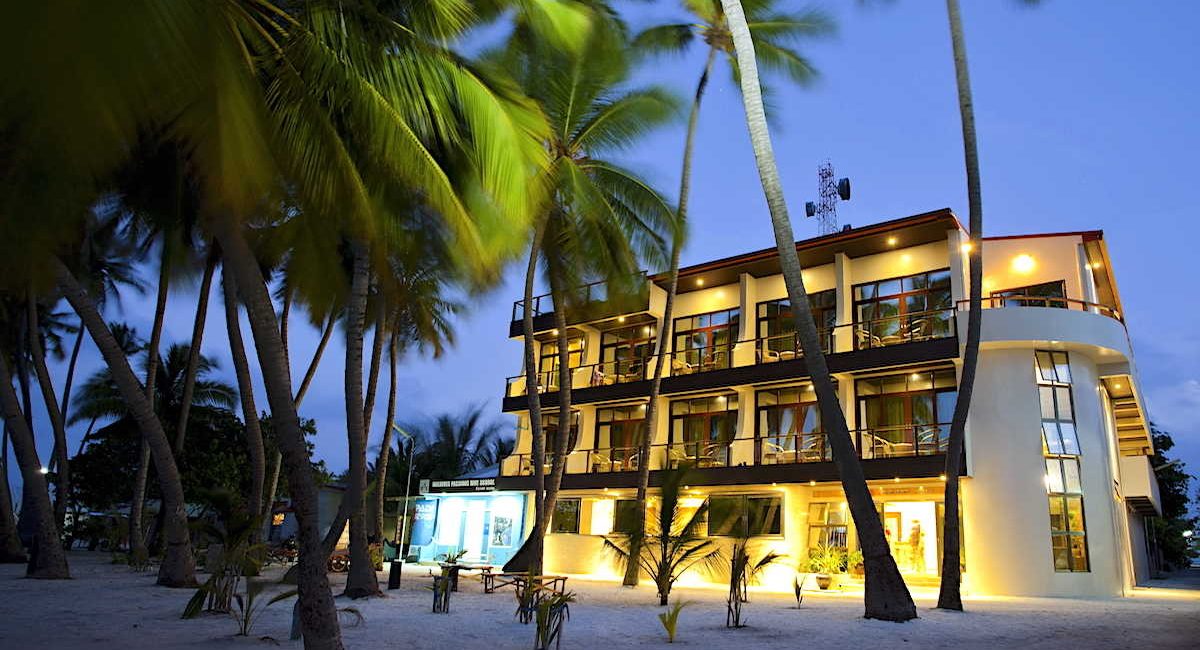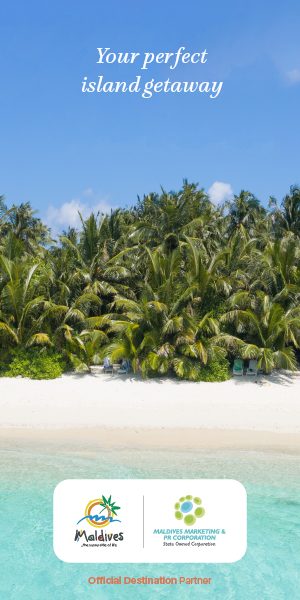Male’ Maldives, 15th May 2023 – Booking.com’s annual Sustainable Travel Report, completed in February and published April 17th 2023, gathered insights from over 33,000 travelers across 35 countries. The report highlights how interest in sustainable travel decisions are on the rise but also how economic uncertainty is impacting those sustainable travel decisions.
- 74% believe people need to act now and make more sustainable choices to save the planet for future generations.
- 80% of respondents confirm that traveling more sustainably is important to them.
- 74% want travel companies to offer more sustainable travel choices.
- 51% believe there are not enough sustainable travel options.
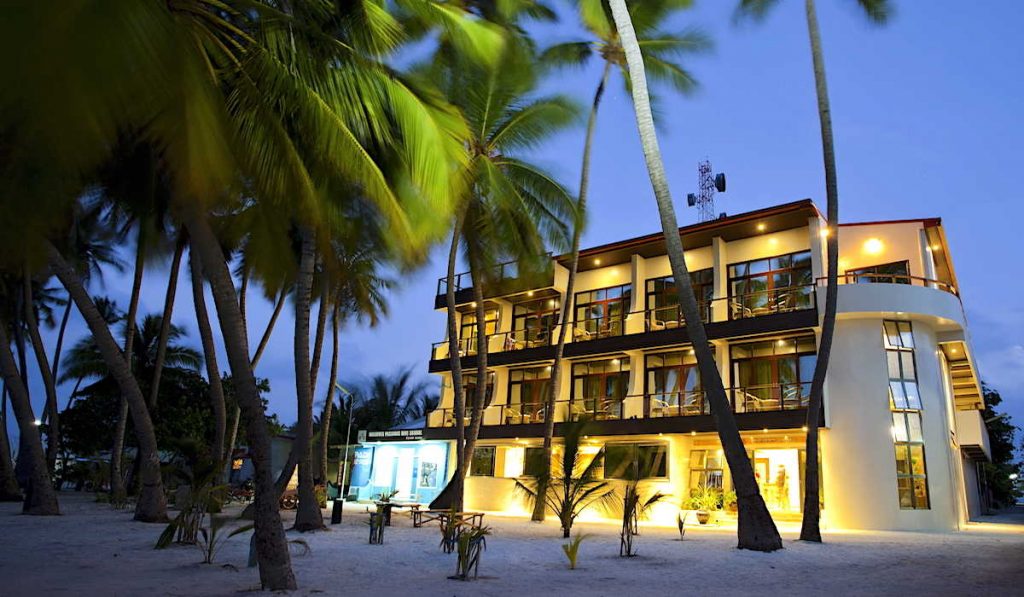
- 65% would feel better about staying in a particular accommodation if they knew it had a sustainable certification or label.
- 69% want the money they spend when traveling to go back to the local community.
- 55% consider preserving wildlife and natural habitats at the travel destination a more sustainable form of travel.
- 30% are always on the lookout for brands that promote sustainability.
- 39% don’t trust that the sustainable travel options labeled are truly more sustainable.
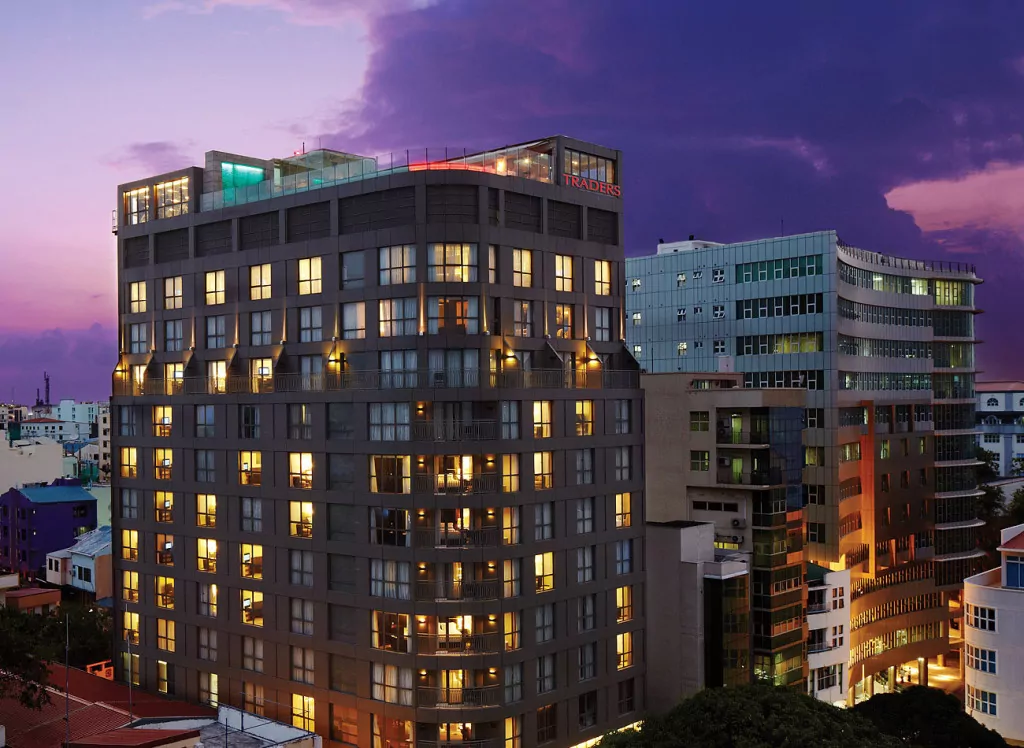
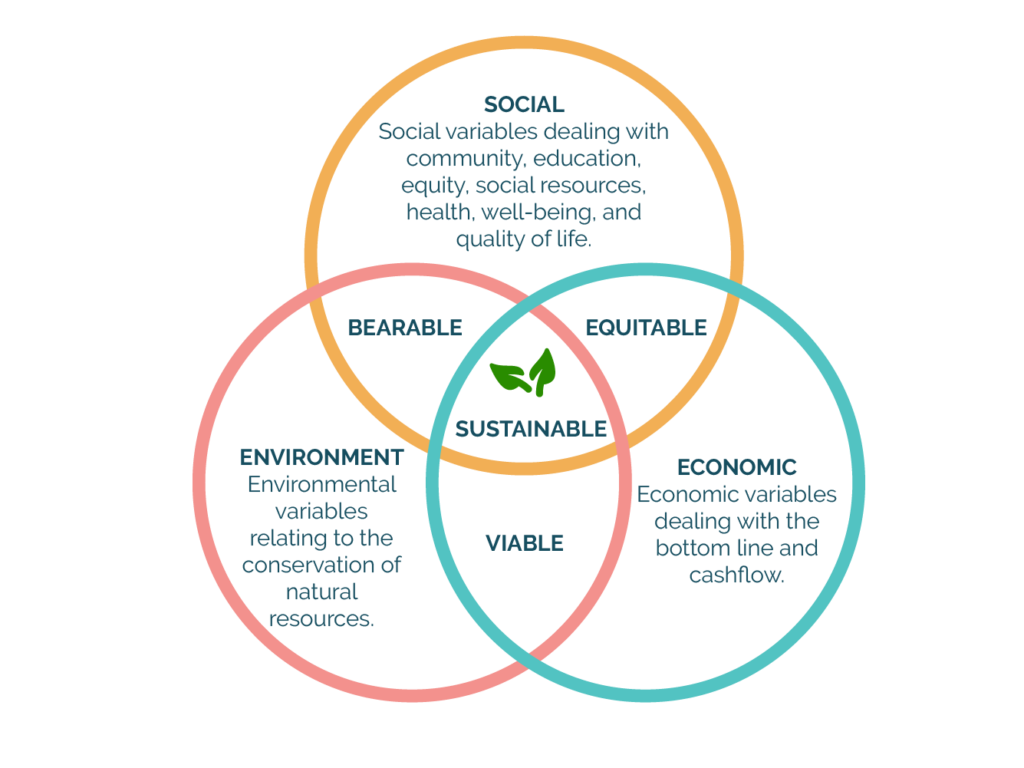

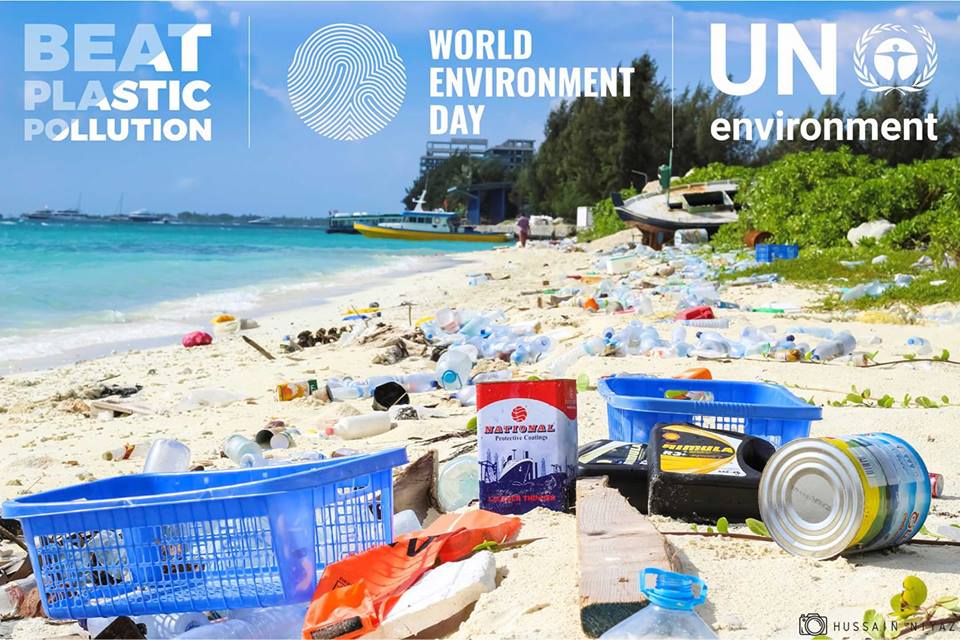
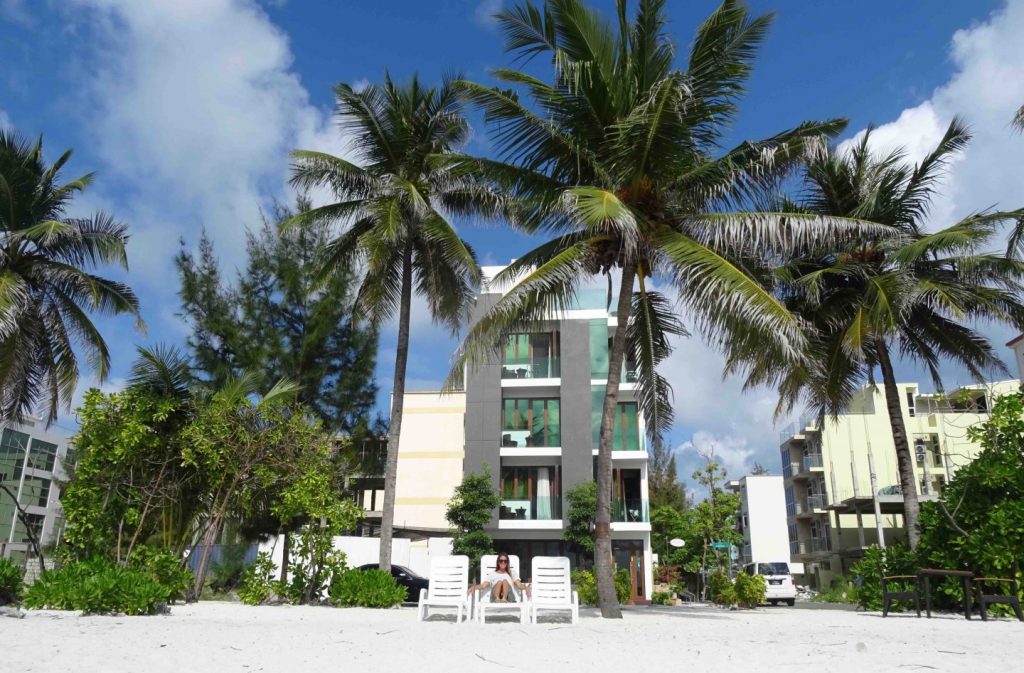
Contribute to community events and projects, getting involved in these can boost community relationships. Involve your guests in activities such as beach cleans and tree planting. Promote local talent, produce and activities and wherever possible source employees and resources from your local community.
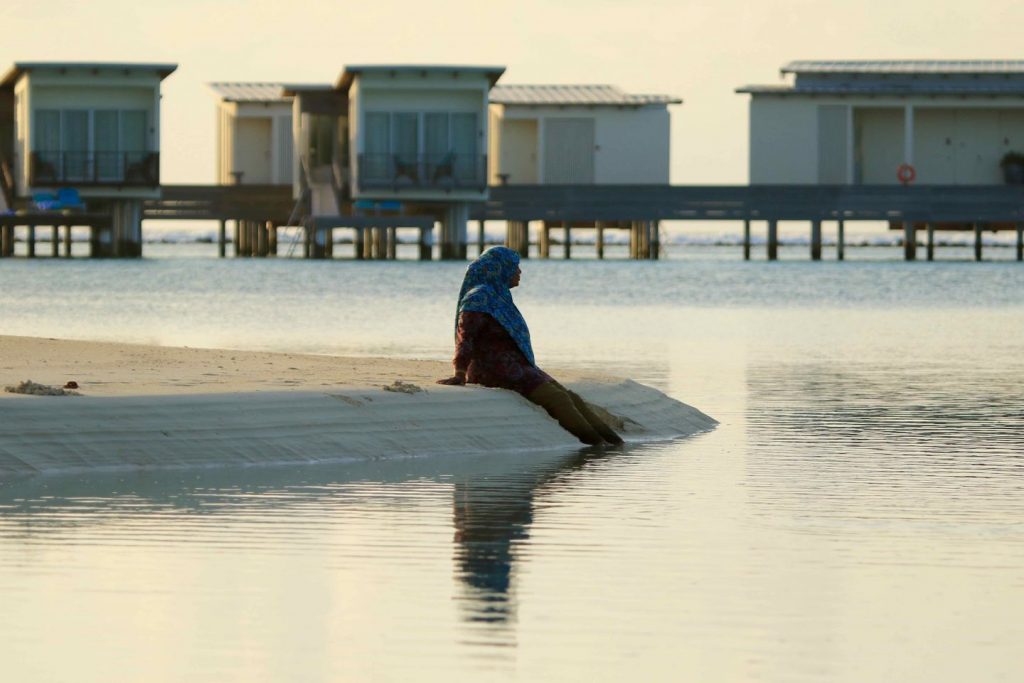
Alternatively, take a look at the recently launched WTTC Hotel Sustainability Tool Kit. They are globally recognised basic sustainability indicators for hotels, developed by the industry for the industry and they represent the 12 actions which are fundamental to hotel sustainability.

